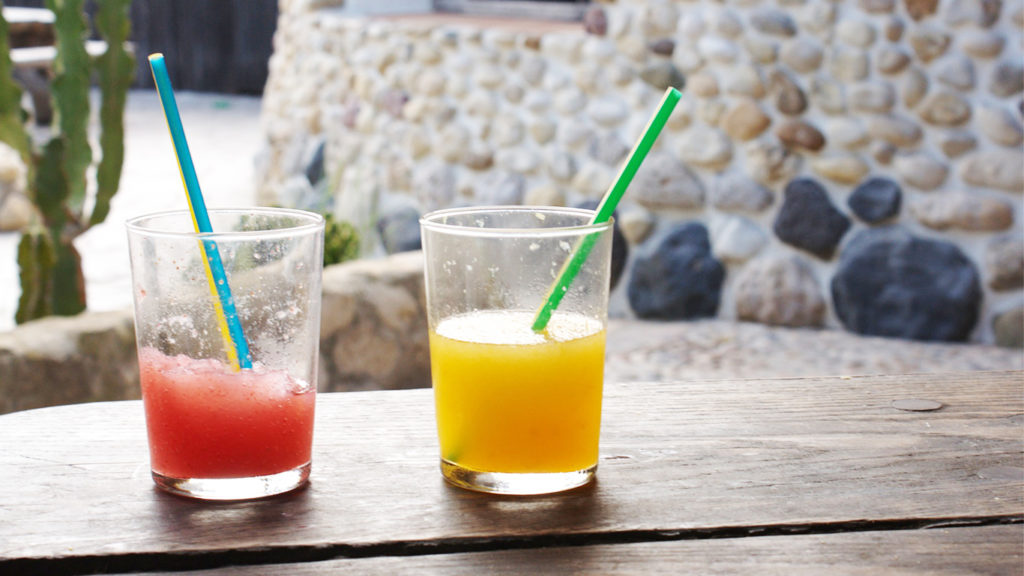Cancer is the second leading cause of death worldwide, with 9.6 million deaths in 2018, a number that would double in the next 2040. Overweight and diabetes have been confirmed as important risk factors for many types of cancer. In addition, diets rich in high sugar beverages, either added (sugary drinks) or natural (fruit juices), can contribute to an excessive intake of calories and fructose, which often result in weight gain and an increase of metabolic parameters. This fact is related to adiposity, insulin resistance, oxidative stress, and inflammation that can promote the development and progression of cancer. Also, drinks that contain artificial sweeteners, known as “light” drinks, have also been suggested as harmful as they increase the risk of obesity and diabetes.
A new meta-analysis of observational studies, led by the Nutrition and Cancer group of IDIBELL and ICO, and published in the scientific journal ‘The Nutrients’, has confirmed this association between a diet rich in sugary drinks, including fruit juices. and increased cancer risk. “To explore the role of different sugary drinks in carcinogenesis, our study investigated these associations by types of sugary drinks (sugary soft drinks, fruit juices, and light drinks) and by type of cancer,” says project leader Raül Zamora-Ros.
This meta-analysis has analyzed the results of 67 observational studies that have been published up to June 2020. The results show a direct association between high consumption of sugary drinks (soft drinks) and increased risk of breast, prostate, colorectal and pancreas cancer. When evaluating fruit juices, an increase in risk was also observed in the same tumor locations as for sugary drinks. On the other hand, “light” drinks were only associated with an increased risk of pancreatic cancer.
The researchers explain that the data, in terms of fruit juices and diet drinks, are more limited, so they suggest for future studies delve into this area of research. “This study supports the World Research Fund’s (WCRF) most current dietary recommendations for limiting the consumption of sugary drinks for cancer prevention and consumer sensitivity to their low nutritional quality and high sugar content. Thus, we recommend replacing sugary drinks with tap or bottled water and sugar-free infusions as the main liquid source for body hydration,” says Zamora-Ros, adding,” Consumption of whole fruits should also prioritize to proper consumption of essential nutrients, reduce excessive intake of sugars and empty calories and therefore help prevent the risk of heart disease and cancer. “

